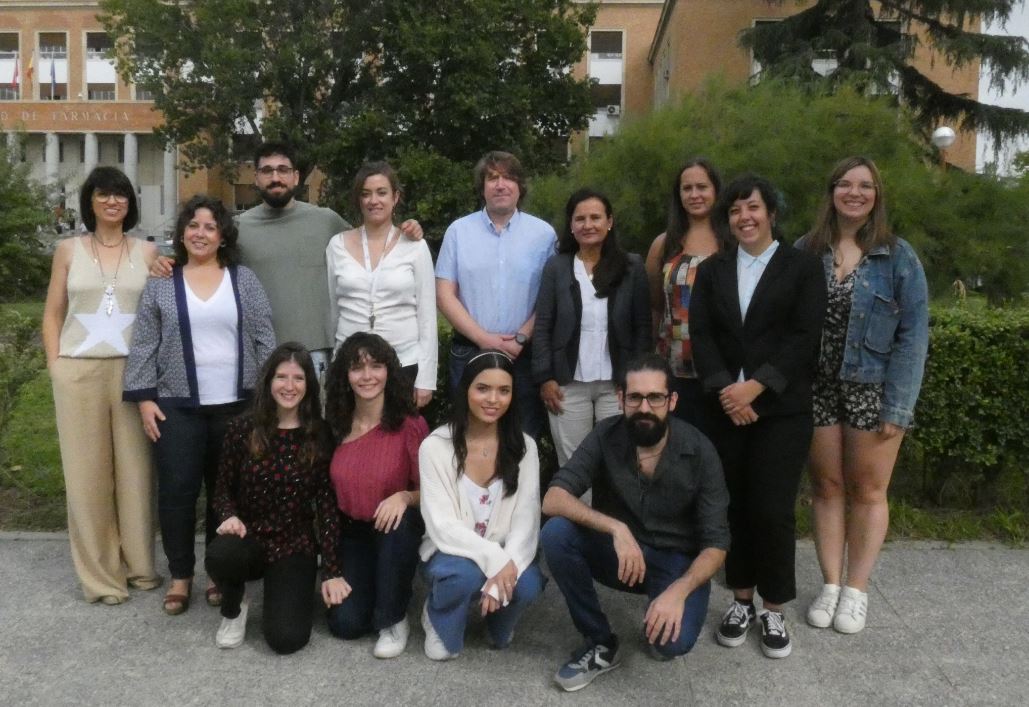
Tel. +34 913941777
Faculty of Pharmacy, Complutense University of Madrid
Pl. de Ramón y Cajal, s/n, 28040 Madrid

The laboratory was founded in 1983 as the Developmental Molecular Biology Laboratory, later expanding to the study of cellular models.
Over the past thirty years, it has given rise to several different laboratories, currently led by researchers trained in the original lab. Currently, the laboratory focuses on studying disease through various in vitro and in vivo models to gain a better understanding of the molecular mechanisms involved in the progression of type 2 diabetes. Additionally, we are interested in identifying proteins that could be used as potential treatment targets by using agents that modulate the sirtuin, AMPK, and mTOR pathways.
Molecular mechanisms in the progression of type II diabetes